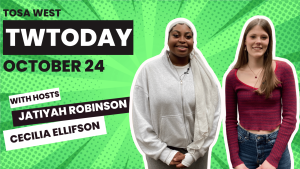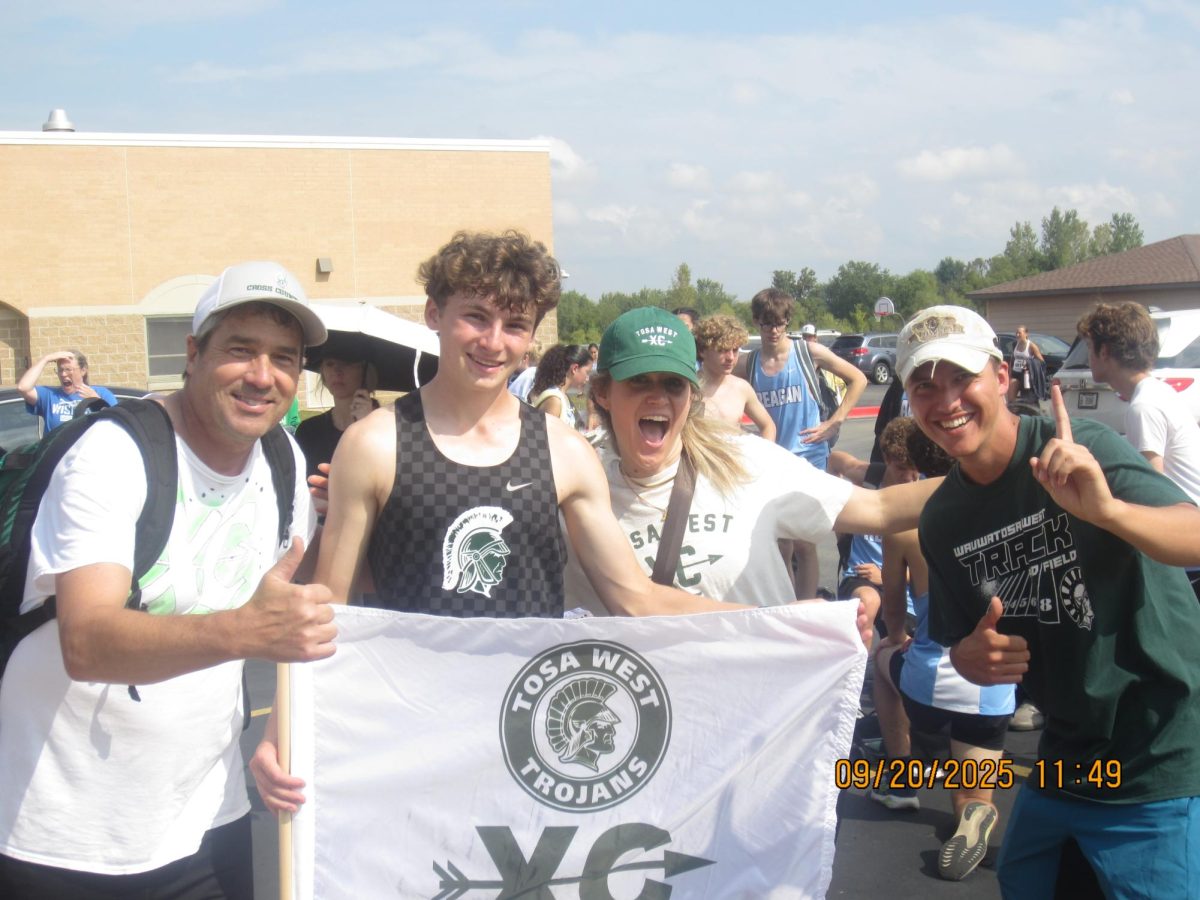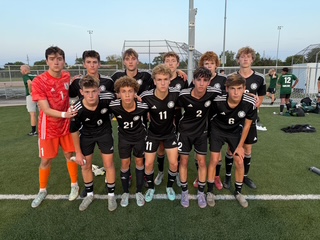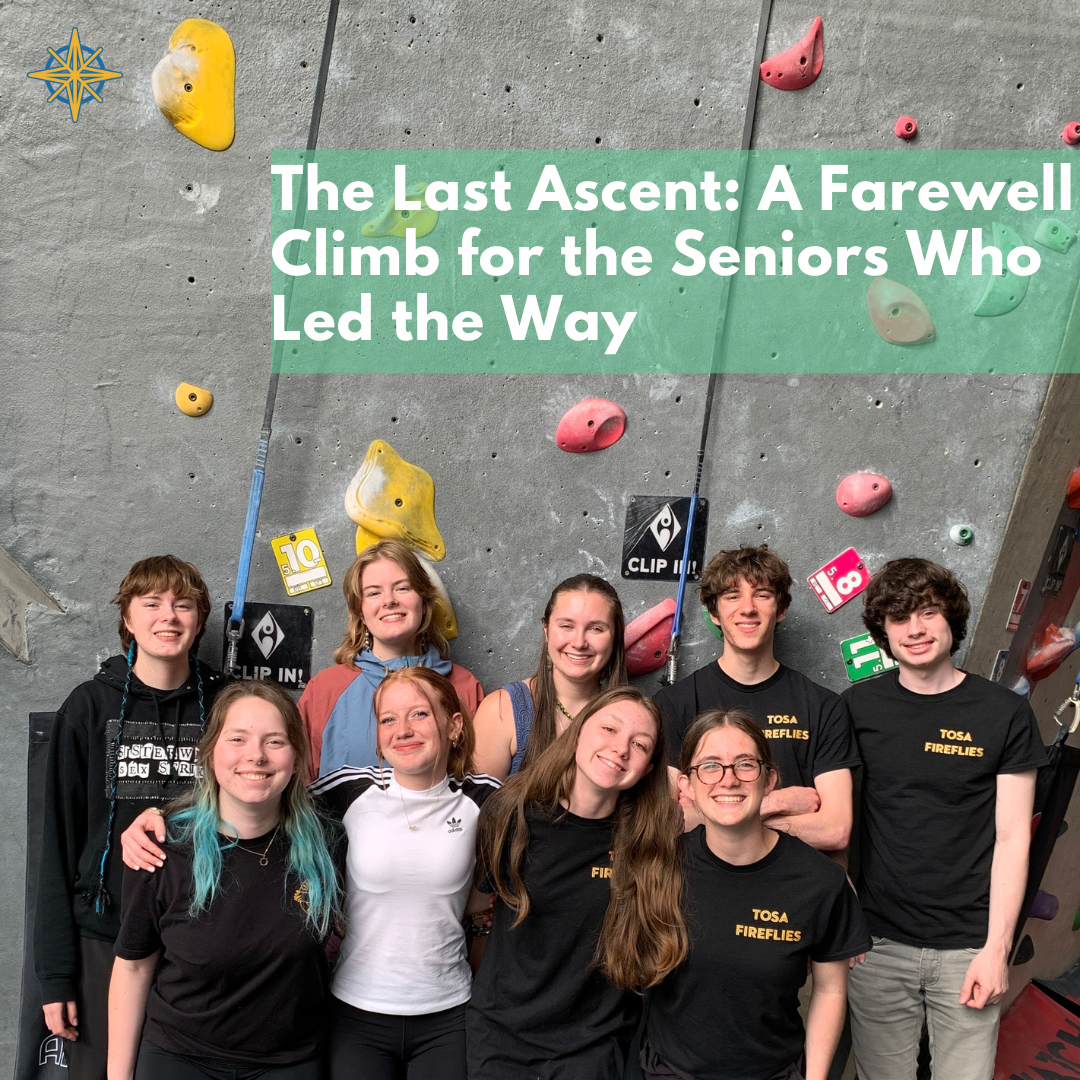A Culturally Sensitive Thanksgiving with Millisa Hamley
November 25, 2021
Approaching the topic of Native American Heritage Month can be difficult when you lack knowledge of the experience of Native Americans on a personal level. When it comes to Thanksgiving, non-Native American people can see the holiday as merely a time to connect with family and friends, without the need to acknowlede historical truths. But we must ask ourselves what we can do to be conscious of these truths, and celebrate Thanksgiving respectfully if that is a possibility. This was a question I could not answer with my own biases. Wauwatosa, named after Potawatomi Chief Wauwataesie, has a Native American population of only 0.52% as of 2021, and Milwaukee, meaning “the good land” in Algonquin, has a Native American population of 0.6%, making it difficult for American Indigenous people to feel represented in this community.
I interviewed Millisa Hamley of the Turtle Mountain Band of Chippewa Indians of North Dakota, also known as the Anishinaabe in their native language. The Anishinaabe people follow the 7 main values of love, respect, truth, honesty, bravery, humility, and wisdom. Millisa attended both the Indian Community school for her primary education and Riverside high school. I was curious about the comparison between these two schools’ curriculum when it comes to discussing the mistreatment of Native Americans in history, as I had only attended public schools in Milwaukee and Wauwatosa, neither of which, in my experience, had offered substantial information or perspective on the history of indigenous people in this country.
Millisa told me that she had a lot of support when attending the Indian community school, and when she attended public school for high school she was not met with the same respect. She said that the only time the American Indigenous people were discussed in her time in high school was when one of her teachers made offensive comments regarding the dropout rates of Native American students (3/10 students), much of which have to do with the levels of poverty within Native American communities. When I asked her if she believes education on this subject has changed since then and how discourse can be furthered she said that “the American Education system should approach this discourse by committing to teach the truth about American history, no matter how shameful. Teaching accurate information and acknowledging how Native Americans were and are still treated will help to diminish misconceptions and dismantle stereotypes”.
Although she believes the United States has gained more progress after the attention the Black Lives Matter movement received, because it opened the conversation to other movements such as the Missing and Murdered Indigenous Women Movement and the Standing Rock protests, there’s still more work to be done. When we approached the topic of Thanksgiving, she told me her family’s version of Thanksgiving did not differ much from the adopted way most of the United States chooses to celebrate; that her family recognizes it as a peaceful gathering rather than a celebration of the massacre. In terms of celebration, she said, “Doing a land acknowledgment before feasting could be a good way to start. I believe a respectful way to celebrate Thanksgiving is to acknowledge and give thanks to the contributions and sacrifices of Native people”.
As we gather with our family and friends this Thanksgiving, it is important to acknowledge those who came before us, out of respect for them and the Native American people in our community. As members of the Milwaukee/Wauwatosa area, we exist on the land previously occupied by the Potawatomi, Ojibwe, Odawa (Ottawa), Fox, Ho-Chunk, Menominee, Sauk, and Oneida peoples. Please remember not only to give thanks to your own good fortune but also to the Native American tribes that cultivated these lands so that we could one day thrive upon them. Staying conscious of privilege, of misconceptions, of stereotypes is very important. Remember to further educate yourself on the history of Native American people in this country, and to not only accept one point of view.











